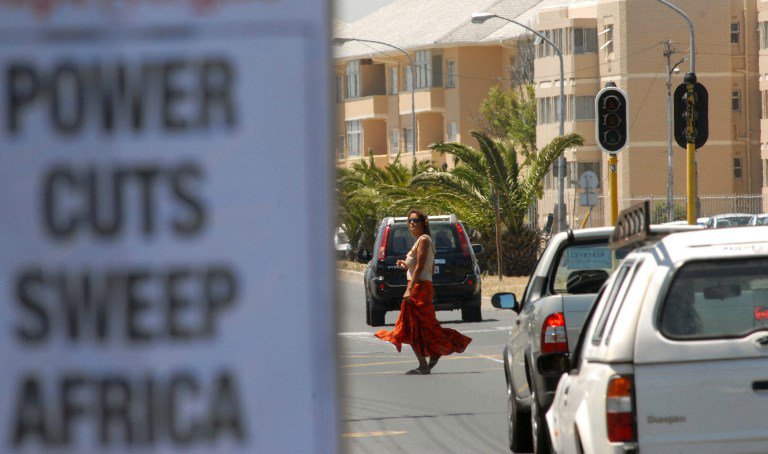Load shedding ruling 'highly impractical' - expert
Updated | By Anastasi Mokgobu
The ruling by the High Court in Pretoria on load shedding may look good on paper but is highly impractical to implement, said independent energy research consultant Hilton Trollip.

Trollip has been commenting on Friday's judgment, which ordered Electricity Minister Kgosientsho Ramokgopa to take all reasonable steps to prevent load shedding at state-run schools, police stations, and hospitals.
The court also declared the planned power cuts to be unconstitutional and a violation of basic human rights.
The court gave the government a deadline of 31 January 2024 for the ruling to take effect.
This follows after an application by a number of political and civil society organisations - calling for essential services and schools to be spared the brunt of load shedding.
Trollip said while the limiting of load shedding would be ideal, it could lead to further pressure on the system.
"It would mean that they also have to keep all the other shops, businesses, houses, and everything in that area connected. If they can't connect the clinic or hospital in which case there are very few areas that don't have at least a clinic or a hospital or something in them, so the areas that are left would either have load shedding all the time or there wouldn't be enough if their load shedding was higher and the grid would collapse."
He adds that the government will have to invest in generators and alternative sources of energy to keep the lights on at essential services, as it would be impossible to isolate each facility from load shedding to ensure that the country has a steady power supply.
"They (essential services) could be given backup systems. The most effective ones would be a mixture of PB system batteries and generators."
ALSO READ

Show's Stories
-
Avoid travelling at night this winter school holiday
While most motorists prefer to travel at night, it's not advisable durin...
The Workzone with Alex Jay 8 minutes ago -
Why you should always secure your child before driving
Do you travel in your vehicle without buckling your child into a safety ...
The Workzone with Elana Afrika-Bredenkamp 2 hours ago